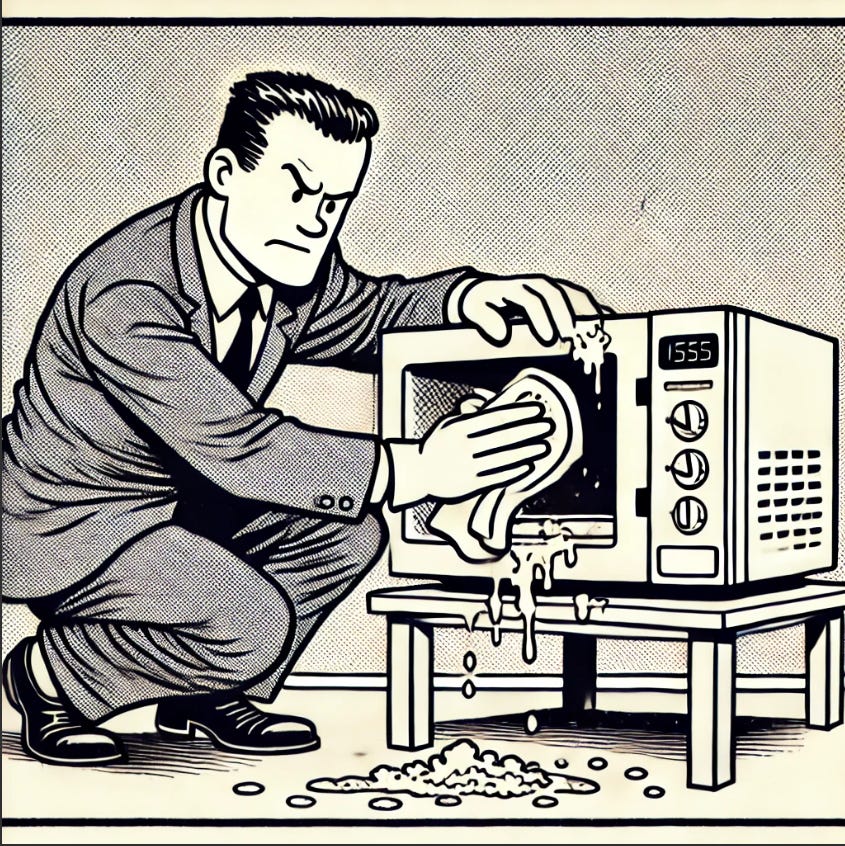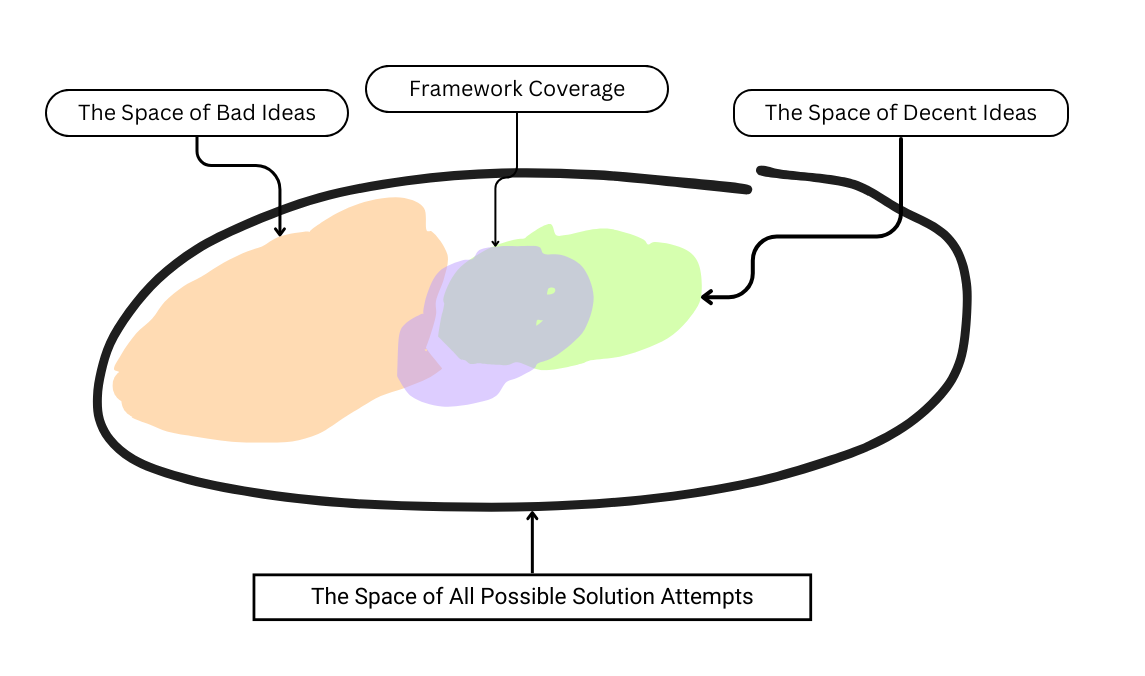Effort is not Enough
(Or: Why Your Company Is Working Hard and Still Failing to meet goals)
Scene: The Boardroom
The numbers are in. The graphs have been displayed. The problems have been laid out in excruciating detail.
Your CEO, sleeves rolled up for dramatic effect, leans in and delivers the speech.
"This is about effort now. It’s about execution. We need to push through. We need to grind. We need to outwork the competition. And if we do that, we will be successful.”
Heads nod. Chins are stroked. Someone probably mutters, “Well said.”
And just like that, the meeting is adjourned. The plan? Work harder.
And so, effort is deployed.
The marketing team grinds out twice as many email campaigns—never mind that the open rates are already abysmal.
The sales team starts making more calls—even though the real issue is that no one understands the product.
The product team works late nights patching random bugs—bugs that don’t even affect user retention.
And somewhere, Greg from accounting is deep-cleaning the office kitchen because, hey, he’s putting in the effort too.
Weeks pass. The team is exhausted. And yet… the numbers stay the same.
Because effort, by itself, is not enough.
Effort Without Direction = Corporate Chaos
Let’s break this down with a little visual:
Imagine a slider that represents pure effort. The more you push the slider forward, the more energy and resources the company spends. But here’s the problem—there’s no direction.
Effort without strategy is like tossing darts in a hurricane.
It feels like movement. It looks like progress. But in reality? You have no control over where you’re going.
The success of this approach depends entirely on luck. On how attuned the CEO is to the real problem. On whether the boots on the ground actually understand what needs fixing. On whether the leadership team is guessing correctly or just thrashing wildly.
Most of the time? It’s just expensive chaos.
The Fix: Informed Effort
Now, let’s add strategy to the mix.
This time, we introduce a decision-making framework—something that filters out the dumb, wasteful efforts and focuses only on actions that have a high probability of success.
When effort is filtered through a framework, suddenly:
✅ The marketing team focuses on high-converting leads instead of spamming inboxes.
✅ The sales team fixes the messaging before making more calls.
✅ The product team works on features that actually impact retention.
✅ And Greg? He stops cleaning the kitchen and starts automating accounting processes.
The Takeaway: Effort Is a Multiplier, Not a Strategy
Effort only works when applied in the right direction.
Without data, frameworks, and a structured approach, you’re just moving faster toward the wrong goal.
Before you “push through”, ask:
Are we measuring the right things?
Are we solving the actual problem or just throwing energy at the symptoms?
What framework or data-driven method can help us decide where effort belongs?
Because if effort alone won wars, we’d all be speaking French right now.1
Napoleon's army was infamous for its relentless effort and military ambition, yet despite all their grinding and battlefield execution, they still lost in the end. If effort alone won wars, history would look very different.
David G. Chandler, The Campaigns of Napoleon (New York: Scribner, 1966)




